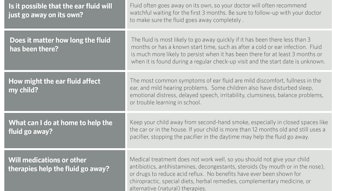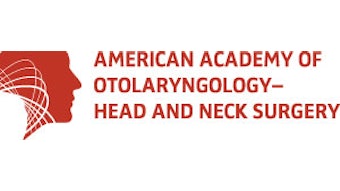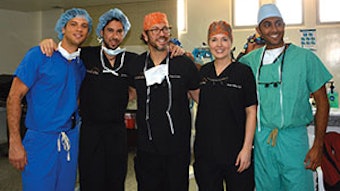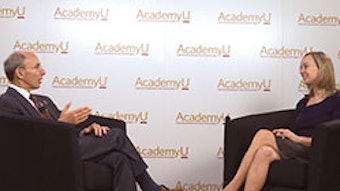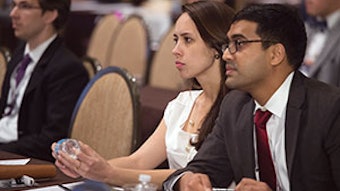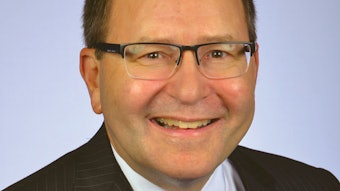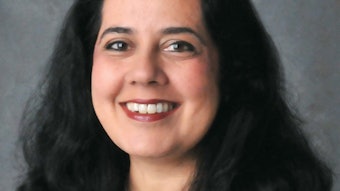We care for kids
As we commemorate Kids ENT Health Month, it is important to remember the historic contributions the field of otolaryngology has made in the care of sick children.
Sujana S. Chandrasekhar, MD, AAO-HNS/F President with James C. Denneny III, MD, AAO-HNS/F EVP/CEO
General otolaryngologists can successfully treat the majority of ENT-related pediatric diseases
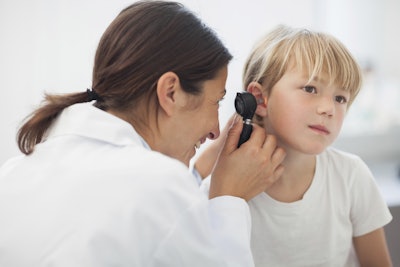
The combination of the pending subcertification in complex pediatric otolaryngology, aggressive marketing by some pediatric otolaryngologists and children’s hospital systems, and the American Academy of Pediatrics (AAP) referral recommendations has resulted in confusion on the part of both the public and referring physicians as to what is appropriate for the general otolaryngologist as well as the specialty-trained otolaryngologist to treat. The AAO-HNS has reached out directly to AAP to clarify the issue. While the ABOto definition of “complex” is not precise, it is clear that the majority of pediatric patients do not fall into the “complex” category. To claim that otolaryngologists who have not had a pediatric fellowship are not qualified to treat the vast majority of pediatric patients flies in the face of years of training and successful practice and does a disservice to many patients who are routed long distances or otherwise inconvenienced instead of receiving excellent ongoing care locally. Those patients who do have “complex” problems can receive outstanding care from fellowship-trained otolaryngologists across the country.
Otolaryngologists will continue to define best treatment and improve quality of care to our pediatric patients. This effort will be greatly enhanced as we roll out our clinical data registry, RegentSM.
